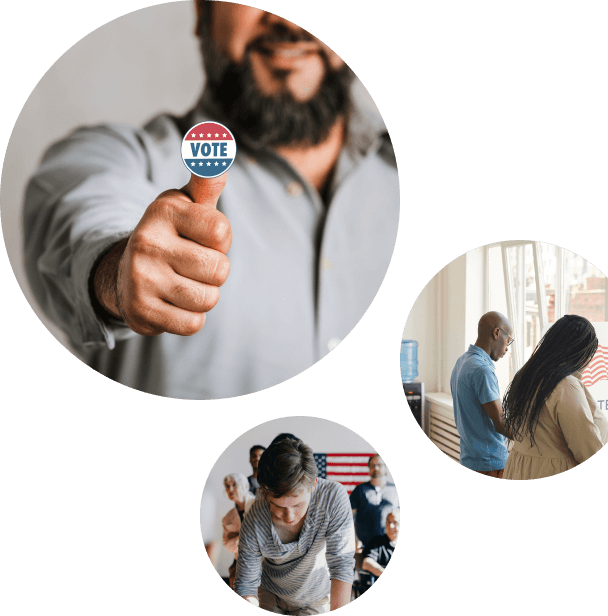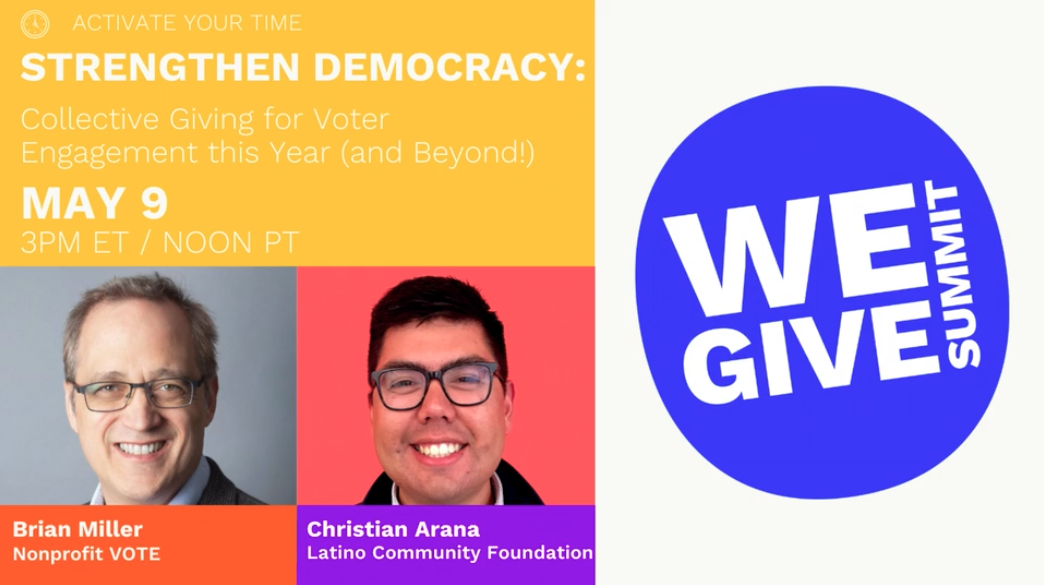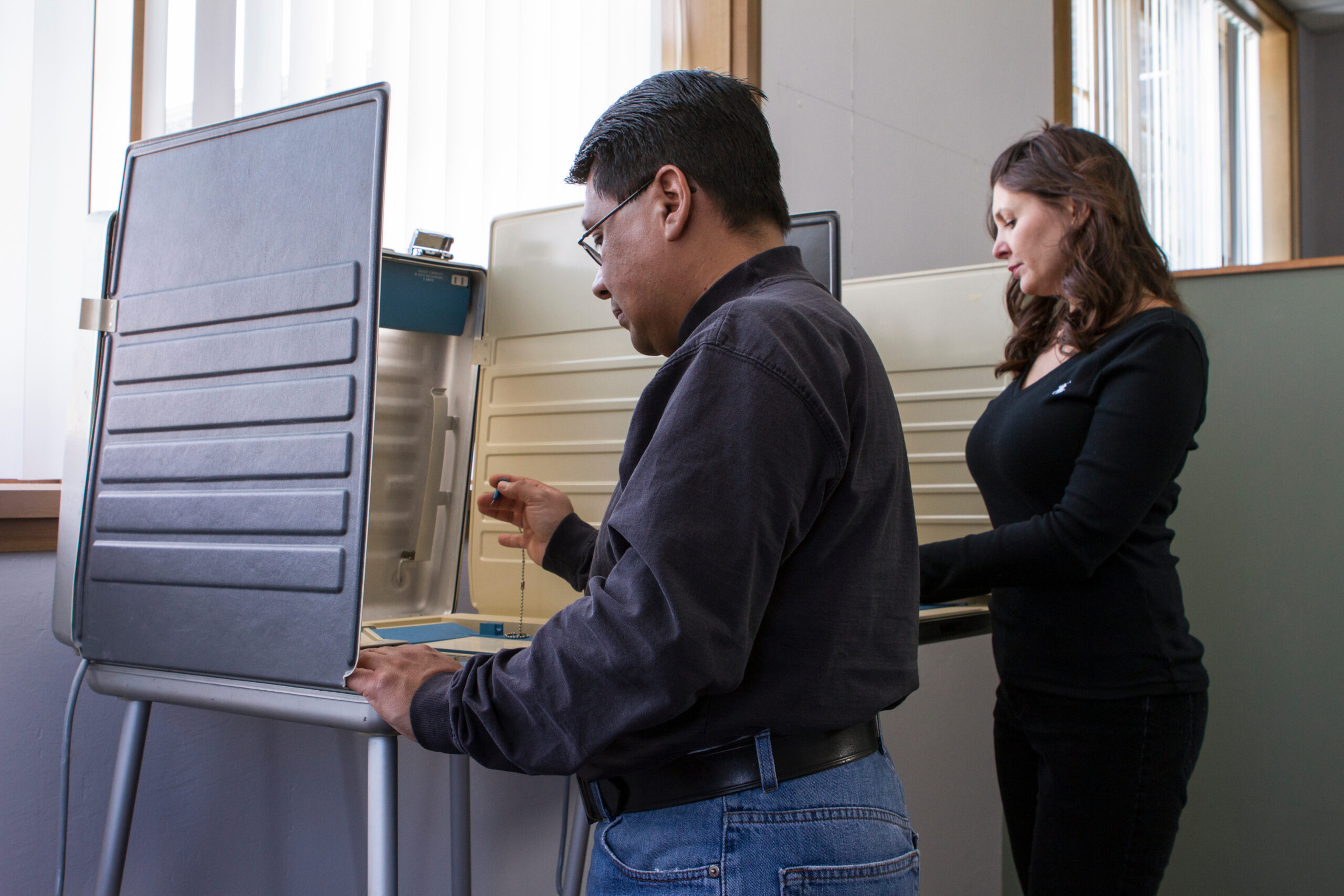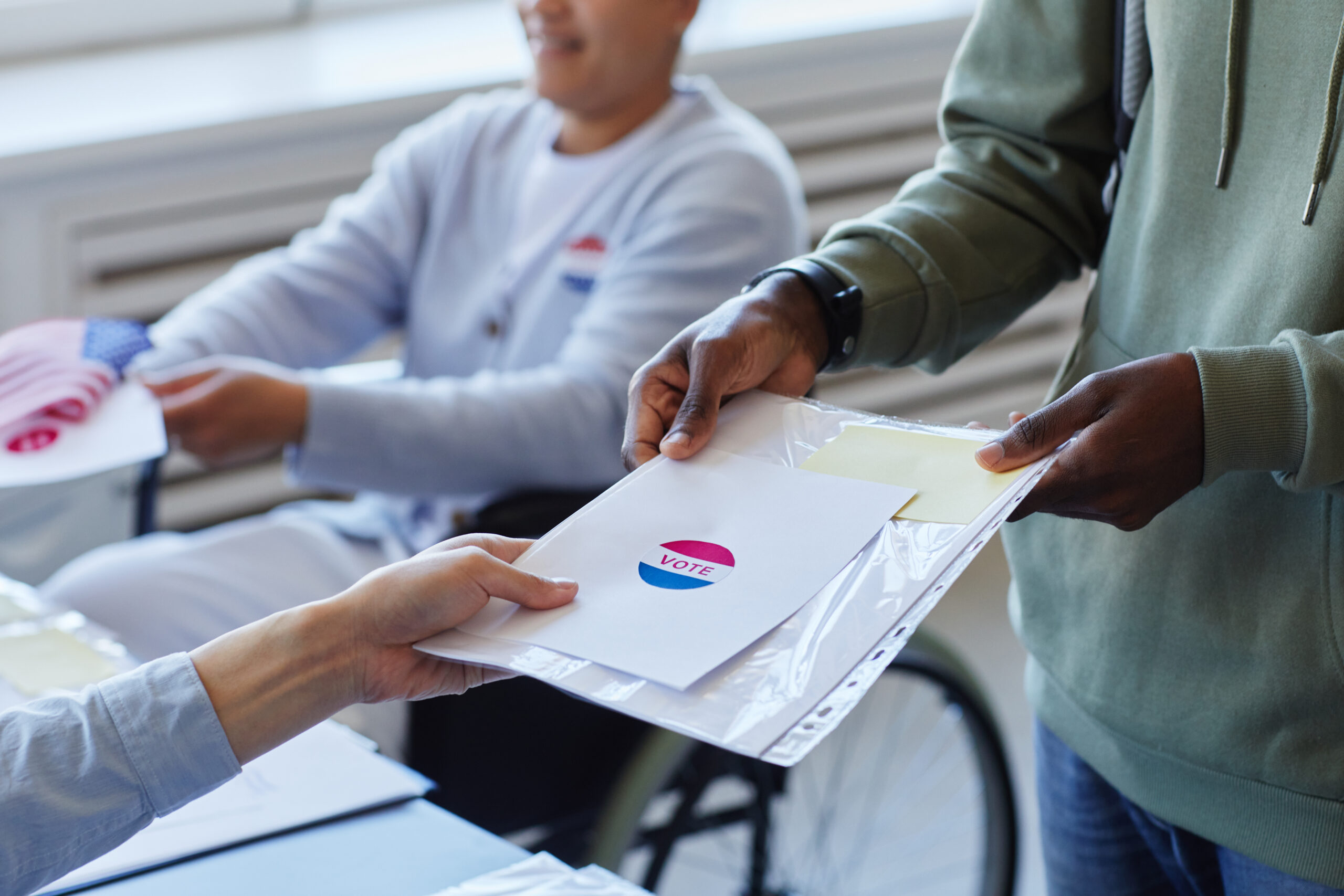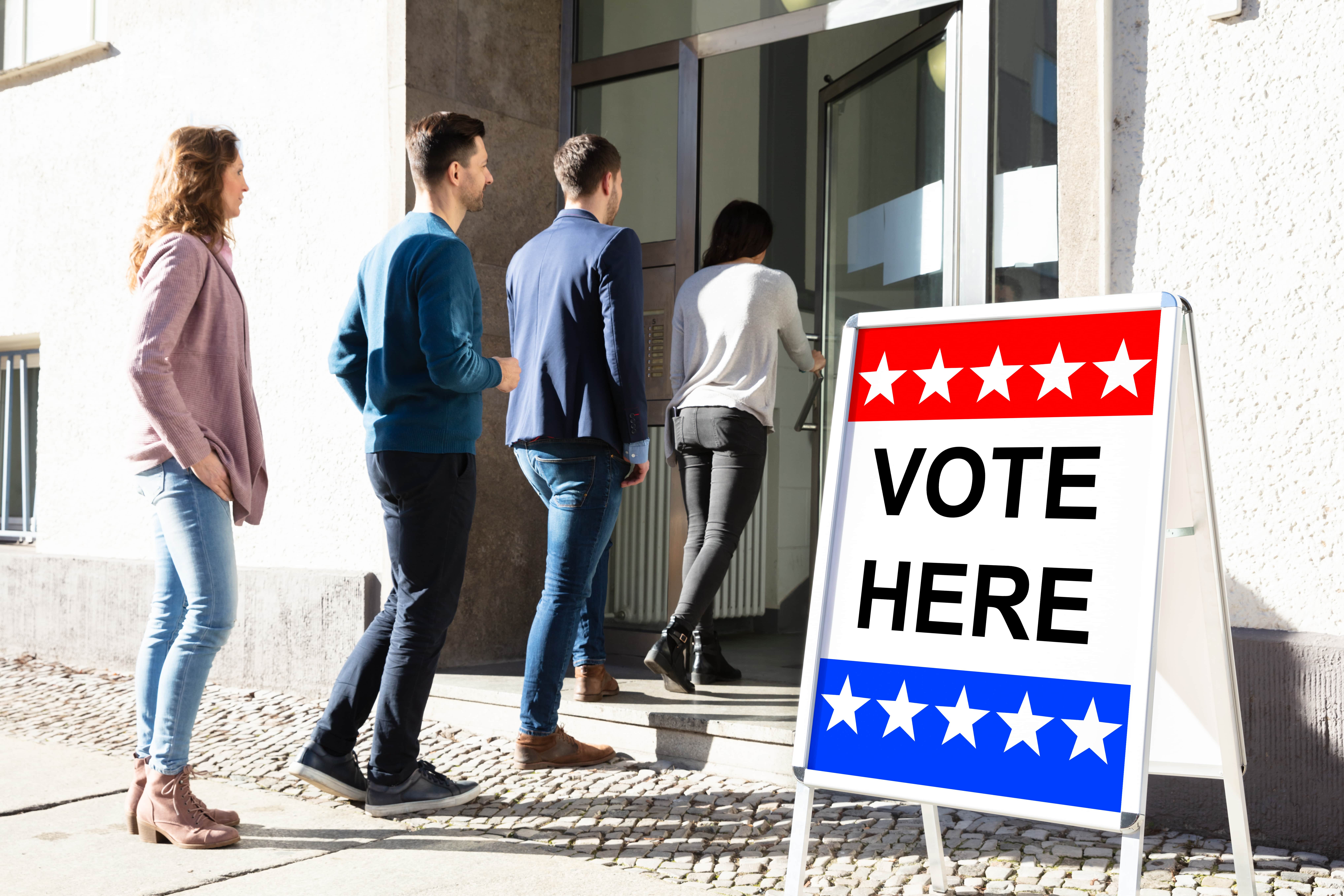Active civic engagement, including voting, contributes to the health and economic vitality of local communities served by nonprofits and foundations, which in turn supports these organizations’ social missions and goals. People who vote are more likely to connect with neighbors, communicate with elected officials, and engage civically in other ways.
However, our nation’s democracy is distorted by gaps in voter participation that in large part reflect gaps in voter contact – who is and is not contacted about voting. By tapping the vast reach of America’s nonprofits and leveraging the role of foundations, we can engage underrepresented communities at scale and begin to foster a more inclusive democracy. As trusted messengers deeply rooted in local communities and invested for the long term, foundations and nonprofits are well positioned to engage the communities they serve in voting and democracy
This toolkit is full of case studies, common strategies, and best practices for foundations committed to sustain and strengthen our nation’s democracy while improving mission effectiveness.
Common Strategies & Best Practices
Foundations can take a variety of approaches for supporting or investing in voter engagement. Here are a few common strategies and best practices.
Many nonprofits report the challenges they experience when donors only provide funding for election work in the short months before Election Day, leaving little time to effectively utilize the resources.
Many foundations have hired community organizers to manage voter and civic engagement work.
Having your legal counsel involved in strategic conversations that problem solve ways to make an impact can lead to clear and creative approaches for supporting voter engagement work.
From supporting community listening sessions, convenings, and town halls to investing in tools and technology, there are a number of entry points for funders interested in increasing voter engagement in their communities.
Avoid confusing and overly broad terms like “political activity” in grant letters. IRS rules prohibit “partisan political activity” by nonprofits, not voter registration, candidate forums, or other election-related activity done in a nonpartisan manner.
Resources
Stay Involved
Complete the form below to access the full toolkit and stay up to date on philanthropy for voter engagement resources.
